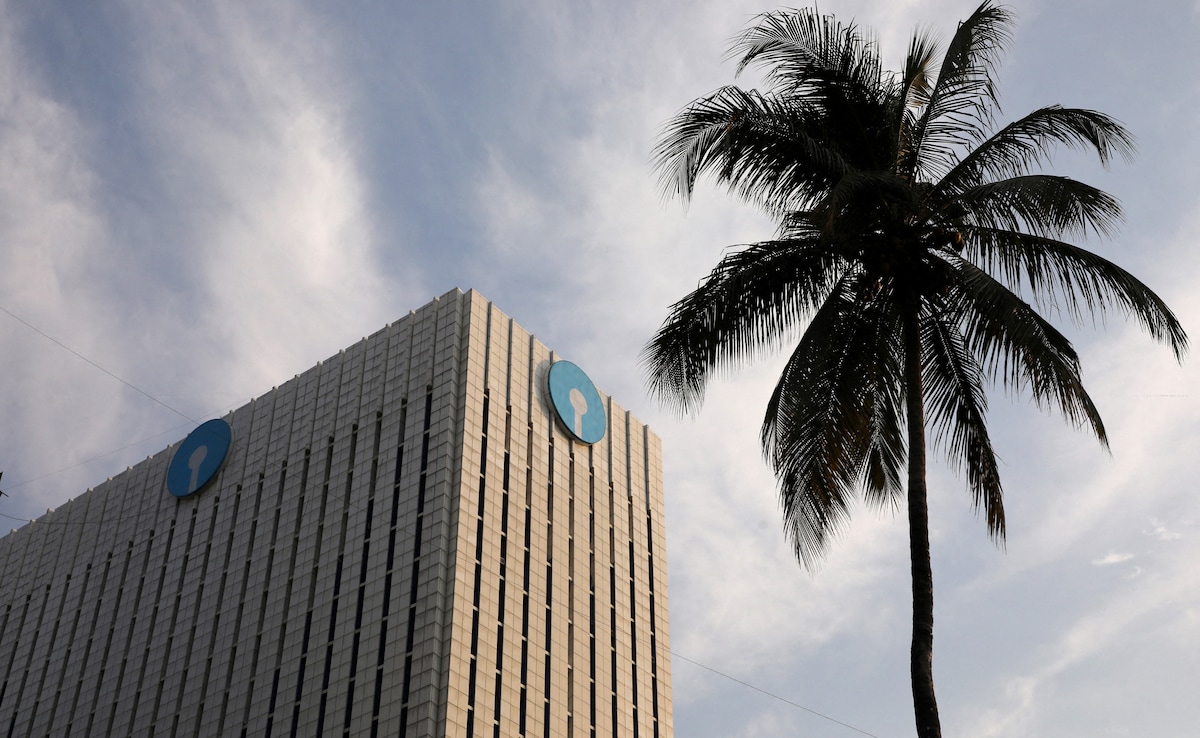
Electoral bonds data will be made public by the poll panel once SBI shares it.
New Delhi:
The Supreme Court today came down hard on the State Bank of India for not sharing the complete data on electoral bonds, a scheme that allowed individuals and businesses to donate anonymously to political parties. The court had struck down the scheme and directed the bank to share all details on the donations made in the last 5 years.
Hearing a petition by the Election Commission, the Supreme Court said that the data provided by the Supreme Court was incomplete. The five-judge bench, headed by Chief Justice DY Chandrachud, directed SBI to disclose electoral bond numbers as well, in addition to the details it has already shared.
“Who is appearing for the State Bank of India? They have not disclosed the bond numbers. It has to be disclosed by the State Bank of India,” Chief Justice Chandrachud said right at the outset of the hearing.
In its notice to SBI, the Supreme Court bench has asked the bank to explain the lapse during the next hearing on March 18.
The electoral bond numbers would help establish the link between donors and political parties.
Electoral bonds allowed individuals and businesses to donate money to political parties without declaring it. They were introduced by the BJP government in 2018 as an alternative to cash donations and had been pitched as an initiative to bring transparency in political funding.
The Supreme Court struck down the scheme last month, terming it unconstitutional and over concerns that this could lead to a quid pro quo. The court also urged SBI to share all details about the purchase and redemption of the bonds with the Election Commission.
In its petition, the poll panel said the March 11 order had noted that the copies of the documents submitted by it to the court in a sealed cover during the course of the hearing be maintained at the office of the EC.
The EC said it did not keep any copy of the documents and added that those may be returned so that it can comply with the court’s directions.




